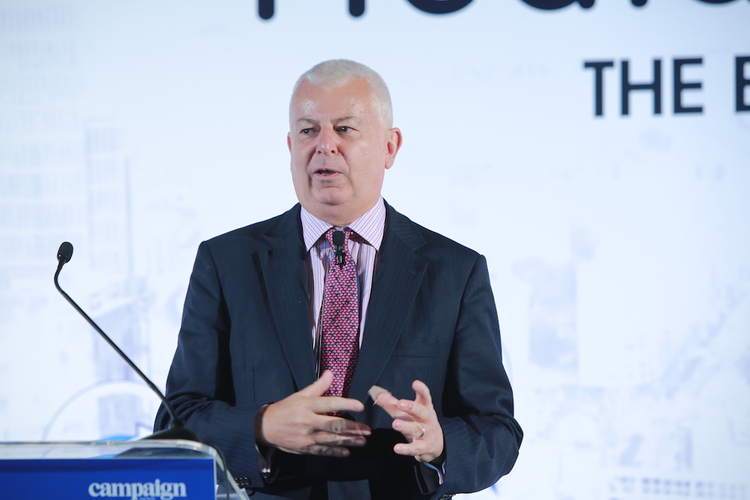“About 10 new people every second connected to the internet for the first time in 2015,” shared Scott Beaumont, VP of Google Greater China at yesterday's Media360Summit in Hong Kong. “The pace of change is really quite startling and we’re looking at two billion more users getting connected in the next five years.”
Beaumont said the internet giant was mindful of not becoming a victim of “accidental complacency” when it comes to approaches for these emerging groups of users.
“What works now will not for the next billion, as they comprise a very different socio-economic make-up,” he added. “For example, they are mobile-first and in many cases, mobile only. In Indonesia, mobile search makes up 70 percent while in China, 73 percent of internet users only use mobile as their primary device for internet access.”
The next billion users are young, urbanizing and fast learners, they are motivated to get connected and use the internet to improve their lives, know to stretch a dollar, inherently inquisitive and have problems they want to solve.

Beaumont pointed out that therein lies an opportunity for brands to engage, but said that it must not be forgotten that the next billion internet users also live in data- and tech-challenged nations.
To underscore his point, he highlighted how Google revamped its flagship search product, resulting in 33 percent quicker results which consumes 10 times less bandwidth.
“The reality was that as Google started offering a more media-rich experience, it also meant that it was harder to load and more expensive from a data-cost perspective," he said. "Our next billion users were not happy.”
Beaumont noted that high-population emerging markets are leading the way in how the internet is evolving, adding that it is sometimes difficult for those outside Asia to grasp the sheer scale of such markets.
See all our Media360Summit coverage
“In the US there are nine metropolitan areas with more than 1 million people. In China, there are 36 cities with more than 10 million people,” he said. “In India and Indonesia, the internet is older than the majority of users, yet they are the ones defining where it goes next, based on solutions at scale.”
Beaumont also highlighted that the innovations brands do in developing economies can transcend to developed markets, pointing to Google’s own efforts in making Google Maps available offline as an example.
“Innovation in these markets can extend outwards and make you better,” he added. “And it is also important to innovate locally as in-market needs can vary so widely.”
In Google’s own case, the company has begun investing in developing engineering products on the ground in markets such as India, Japan, Taiwan and Korea.
“It’s taken a bit of unlearning to get there, for Google has long been known to build a product once and scale globally,” Beaumont said. “But we are determined that when it comes to serving the next billion, we cannot be accidentally complacent.”


































































































































































.jpg&h=334&w=500&q=100&v=20170226&c=1)
.jpeg&h=334&w=500&q=100&v=20170226&c=1)
.jpg&h=334&w=500&q=100&v=20170226&c=1)

.png&h=334&w=500&q=100&v=20170226&c=1)










.png&h=268&w=401&q=100&v=20170226&c=1)

.png&h=268&w=401&q=100&v=20170226&c=1)